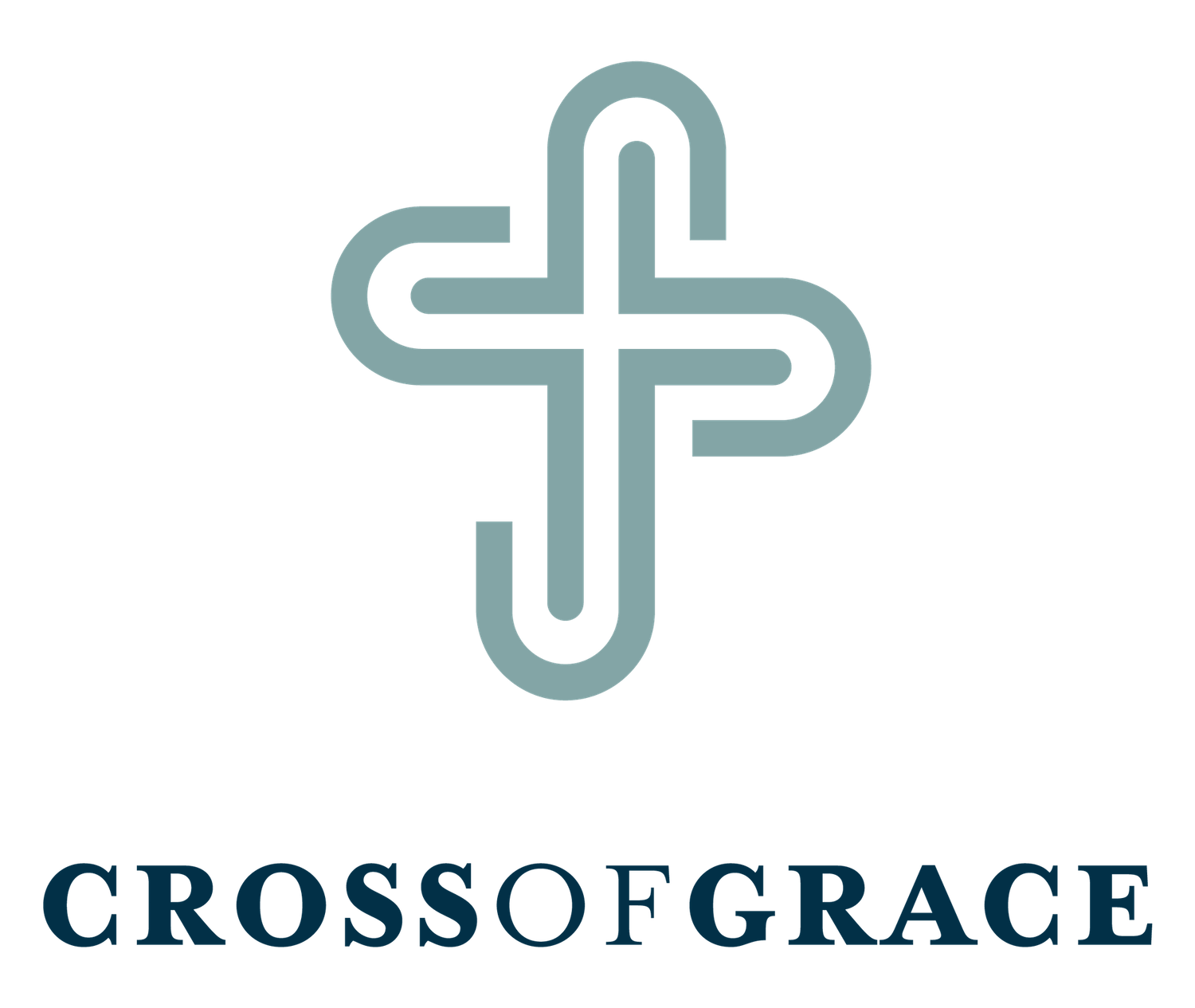GOD GIVES GRACE TO THE HUMBLE
In 1 Samuel 2:1-11, Hannah exults in the grace that God has shown her in the midst of her weakness. Little would Hannah know, but her simple song introduces one of the major themes of the rest of the book and, in fact, the world we live in, over which God is King. This principle is that God gives grace to the humble and opposes the proud. He gives strength in weakness. Riches in poverty. Joy in repentance. This reversal of worldly values is essential to the Christian life and requires a daily clinging to the cross of Christ, where the greatest reversal of all took place. Listen to this Sunday’s sermon and read the below-referenced articles to learn more and to grow in cultivating humility.
Assume You Are Wrong by Tim Shorey
God Does Not Need You To Be Strong by Jon Bloom
In Marriage, As In Life, Weak Is Strong by Dave Harvey
Seven Subtle Symptoms of Pride by Fabienne Harford




















